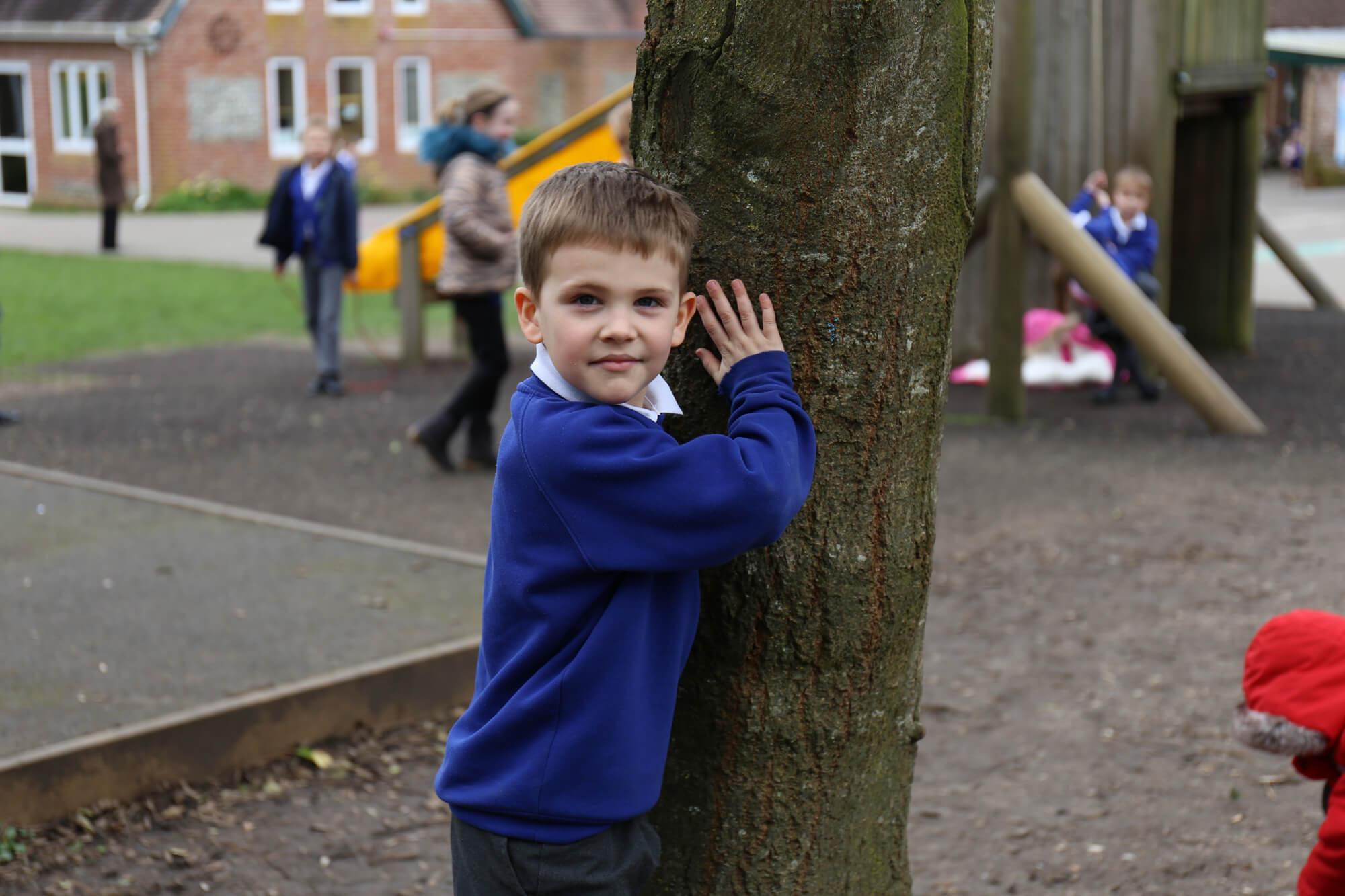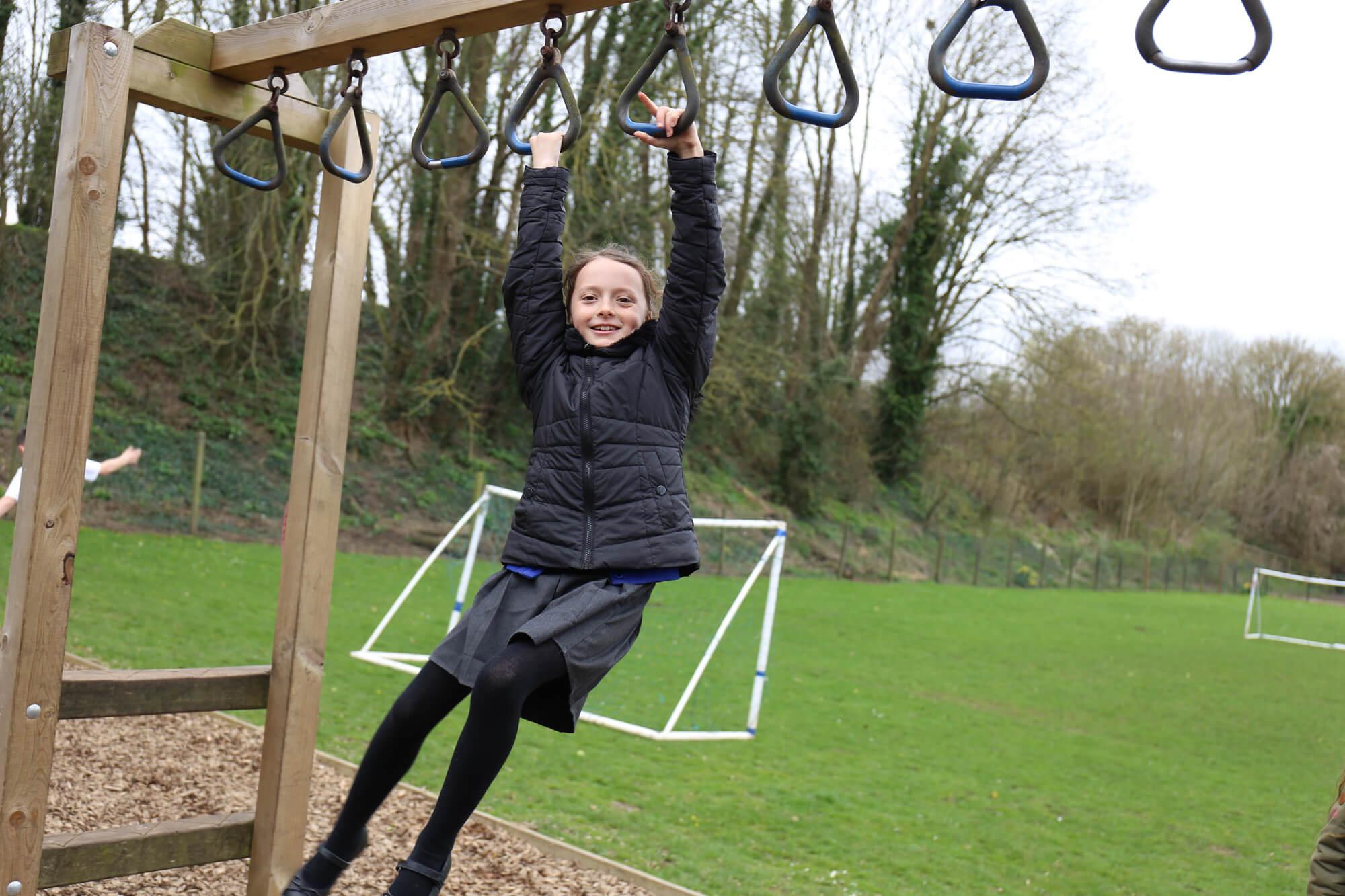Safeguarding
Spetisbury CE Primary School believes that a child or young person should never experience abuse of any kind. We have a responsibility to promote the welfare of all children and young people and to keep them safe. We are committed to practice in a way that protects them.
We recognise our moral and statutory responsibility to safeguard and promote the welfare of all children. We make every effort to provide a safe and welcoming environment underpinned by a culture of openness where both children and adults feel secure, able to talk and believe that they are being listened to.
We maintain an attitude of “it could happen here” where safeguarding is concerned.
The Designated Safeguarding Lead is: Andrew Brown (Headteacher)
Our Safeguarding Governor is: Pam Elliott
Please contact these people through the office@spetisbury.dsat.org.uk account.
The Designated Safeguarding Lead is also the first point of contact for external agencies that are pursuing Child Protection investigations and co-ordinates the school’s representation at Child Protection conferences and Core Group meetings. When an individual concern/incident is brought to the notice of the Designated Safeguarding Lead, they will be responsible for deciding upon whether or not this should be reported to other agencies as a safeguarding issue. Where there is any doubt as to the seriousness of this concern, or disagreement between the Designated Safeguarding Lead and the member of staff reporting the concern, advice will be sought from the Deputy Designated Safeguarding Lead. Any staff member can make a referral in exceptional circumstances, such as in emergency or a genuine concern that appropriate action has not been taken.
For the Whistleblowing Policy, please see the DSAT Employment Manual via the DSAT Policies.
How to Report Safeguarding Concerns
If you have any safeguarding concerns about a child you must report them.
If you believe the child is in immediate danger, don’t delay. Call the police on 999 straight away.
Under the Female Genital Mutilation Act 2003, you must call the police if you’re informed that a girl under 18 has undergone FGM.
You can also report concerns in the following ways:
- Contact NSPCC on 0808 800 5000. They will then pass the concern onto the local child protection team who will investigate it.
- Report your concern directly to the Children's Advice and Duty Service
Tel:01305 228 558 - Report it to Designated Safeguarding Officers
- Call the NSPCC’s Whistleblowing advice line on 0800 028 0285 or email them on help@nspcc.org.uk. They offer free advice and support to anyone who’s concerned about how child protection issues are handled in an organisation.
- NSPCC Leaflets
- Childline
- ThinkUKnow
Thinkuknow is the education programme from NCA-CEOP, a UK organisation which protects children both online and offline.
Explore one of the six Thinkuknow websites for advice about staying safe when you're on a phone, tablet or computer.
We use MyConcern to record and manage any concerns.
Safe Schools and Communities Team Newsletters
The Safer Schools and Communities Team release a termly newsletter of tips and advice. To join their mailing list please follow the link below.
Operation Encompass
OUR KEY ADULTS ARE: Andrew Brown (HT/DSL)
Operation Encompass Safeguarding Statement
Our school is part of Operation Encompass. This is a police and education early intervention safeguarding partnership which supports children and young people who experience Domestic Abuse.
Operation Encompass means that the police will share information about Domestic Abuse incidents with our school soon after they have been called to a domestic incident.
All Key Adults (DSL/DDSL) have attended an Operation Encompass local briefing as well as national online training.
Our parents are fully aware that we are an Operation Encompass school.
The Operation Encompass information is stored in line with all other confidential safeguarding and child protection information.
The Key Adult has also led briefings for all school staff and Governors about Operation Encompass, the prevalence of Domestic Abuse and the impact of this abuse on children. We have also discussed how we can support our children following the Operation Encompass notification.
The Safeguarding Governor will report on Operation Encompass in the termly report to Governors. All information is anonymised for these reports.
The Key Adult has used the Operation Encompass Toolkit to ensure that all appropriate actions have been taken by the school.
Support for Adults
If you're an adult experiencing domestic abuse, there are organisations that can help.
-
Relate
0300 003 0396
You can talk to Relate about your relationship, including issues around domestic abuse. -
National Domestic Violence Helpline
0808 2000 247
A 24 hour free helpline run in partnership between Women's Aid and Refuge. -
Men's Advice Line
0808 801 0327
Advice and support for men experiencing domestic violence and abuse. -
National LGBT+ Domestic Abuse Helpline
0800 999 5428
Emotional and practical support for LGBT+ people experiencing domestic abuse.
Anti Bullying Week
Each year we recognise and promote Anti-Bullying week. Anti-Bullying Week in England is coordinated by the Anti-Bullying Alliance and this year takes place from the Monday 11th - Friday 15th November. The week will start with Odd Socks Day to mark the first day of Anti-Bullying Week
Anti-Bullying Week shines a spotlight on bullying and encourages all children, teachers and parents to take action against bullying throughout the year.
Anti-Bullying Week 2024: Choose Respect - Primary School Video
From playgrounds to parliament, our homes to our phones, this Anti-Bullying Week let's 'Choose Respect' and bring an end to bullying which negatively impacts millions of young lives. This year, we'll empower children and young people to not resort to bullying, even when we disagree and remind adults to lead by example, online and offline.
Children's Mental Health
Domestic Abuse Support
What is Domestic Violence?
The government's definition of domestic violence and abuse is:
Any incident or pattern of incidents of controlling, coercive or threatening behaviour, violence or abuse between those aged 16 or over who are or have been intimate partners or family members regardless of gender or sexuality. This can encompass but is not limited to the following types of abuse:
- psychological
- Physical
- Sexual
- financial
- emotional
This definition, which is not a legal definition, includes so-called honour-based violence, female genital mutilation (FGM) and forced marriage, and is clear that victims are not confined to one gender or ethnic group.
- Controlling behaviour is a range of acts designed to make a person subordinate and/or dependent by isolating them from sources of support, exploiting their resources and capacities for personal gain, depriving them of the means needed for independence, resistance and escape, and regulating their everyday behaviour.
- Coercive behaviour is an act or a pattern of acts of assault, threats, humiliation and intimidation or other abuse that is used to harm, punish, or frighten their victim.
Dorset Police Domestic Abuse Awareness Campaign
Please click here for further information.
What is Claire’s Law?
Claire's Law is a way of checking if your partner has a history of domestic violence. For more information about how to make a request for information, visit here.
National Domestic Violence Helpline:
24-hour helpline, 0808 2000 247
www.nationaldomesticviolencehelpline.org.uk
Operation Encompass
From April 2021 the school will be part of Operation Encompass. Operation Encompass is a police and education early information-sharing partnership enabling schools to offer immediate support for children and young people experiencing domestic abuse. Information is shared by the police with a school's trained Key Adult (DSL) prior to the start of the next school day after officers have attended a domestic abuse incident thus enabling appropriate support to be given, dependent upon the needs and wishes of the child.
Children experiencing domestic abuse are negatively impacted by this exposure; domestic abuse has been identified as an Adverse Childhood Experience and can lead to emotional, physical and psychological harm. Operation Encompass aims to mitigate this harm by enabling immediate support, making a child's day better and giving them a better tomorrow.
Operation Encompass directly connects the police with schools to secure better outcomes for children who are subject or witness to police-attended incidents of domestic abuse. Rapid provision of support within the school environment means children are better safeguarded against the short-, medium- and long-term effects of domestic abuse.
For more information about Domestic Violence and support please visit:
Dorset - Domestic Abuse Dorset County Council



